It turns out, not all blood is the same.
While we all have red blood (goodbye, blue-blood myth!) it is divided into four different types.
Blood owes its red color to red blood cells, and each of them contains a specific type of antigens—a substance made of sugars. To know your blood type, doctors examine what kind of antigen is within your blood cells.
The A blood type only has A antigens, the B blood type displays the B antigen, AB folks have both, and the O population has neither.
Your blood can also contain the Rhesus factor, a particular type of antigen. Having the Rh factor makes your blood positive, and lacking it makes it negative.
If all of this sounds important, it’s because it is. Your blood type says a lot about who you are as a person, and you need to know it.
10 – Your donor compatibility.
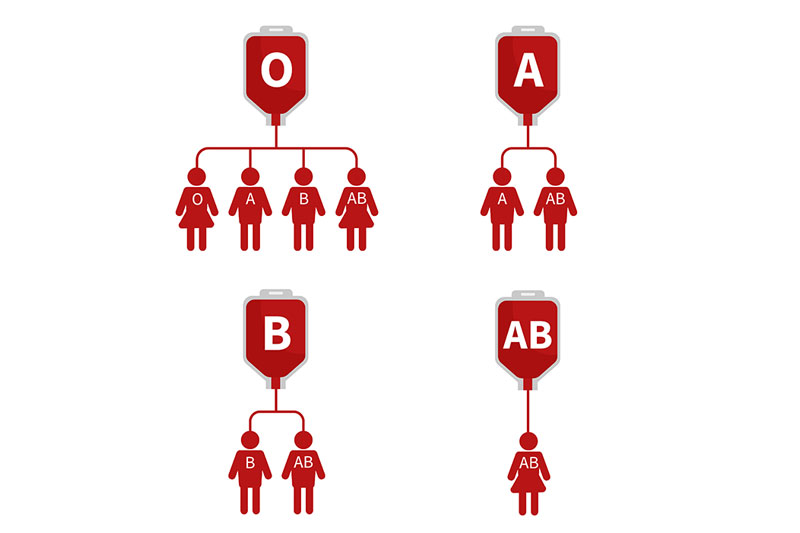
Blood donation is a bit tricky.
The antigens mentioned above, if introduced to a body that does not have them, can trigger a dangerous immunological response. As such, blood donation has to consider antigen compatibility.
For example, someone with Type B blood doesn’t have the A antigen in its body. Subsequently, receiving blood from someone with Type A or AB can have adverse consequences.
Similarly, Rh-negative patients cannot receive blood from Rh-positive folks, as they lack the Rhesus factor.
9 – Whether you are a universal donor or recipient.
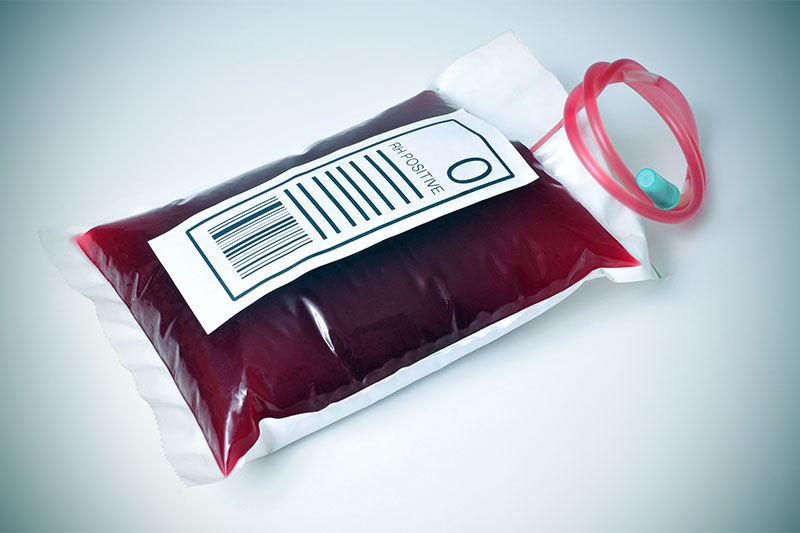
As a consequence of the above, some blood types are considered universal donors or recipients, since they don’t have to face those pesky compatibility issues.
O negative blood is the universal donor. Since it lacks A, B, and Rh antigens, it does not trigger immunological responses on anyone, making it highly valuable in donation centers.
On the other side of the spectrum, AB positive blood is the universal recipient. It contains every possible antigen and, therefore, cannot react to any other blood type.
8 – How attractive you are for mosquitoes.

A study published in the Journal of Medical Entomology speculates that the different sugar structures of blood antigens can affect the attraction of mosquitoes towards certain types.
In the research, people with type O were favored by the little pests, while type A was shown to be less appealing.
7 – Your risk of getting certain types of cancer.
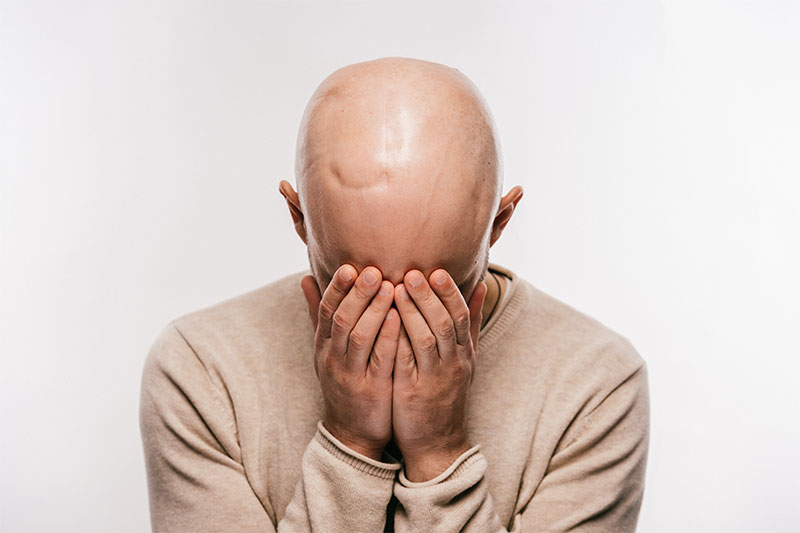
A series of independent studies have discovered connections between blood type and certain types of cancer.
While each research requires further investigation, preliminary results affirm Non-O blood types have a higher risk of developing gastric cancer. Similarly, the B antigen seems to increase the odds of ovarian cancer.
6 – Your proclivity towards heart disease.

Type O folks are also luckier in the heart disease department.
Some studies affirm they have the lowest risk of developing heart disease compared to other types.
On the other hand, type A patients have an additional 5% risk, and type B displays 11% more. The class with more significant tendencies towards heart disease is AB, with an astonishing 23%.
5 – How prone you are to developing dementia.

Scientific research published in 2014 discovered a potential link between AB blood type and cognitive issues during the later stages of life.
According to the study, people with AB blood type are 82% more prone to developing dementia, Alzheimer, or other cognitive issues, although further analysis is required.
4 – Risk of developing diabetes.
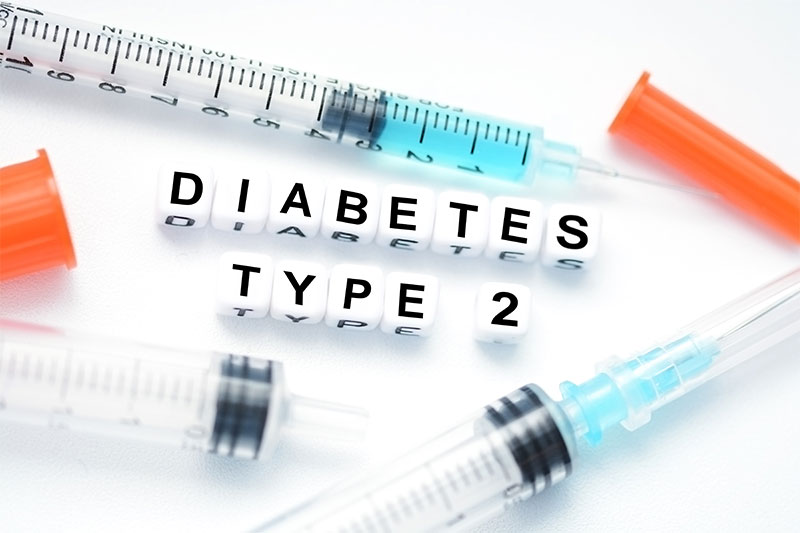
Many factors can affect someone’s tendency towards diabetes. Still, a study in the journal Diabetologia included blood type in the list.
Subjects with the B antigen had the highest odds of developing diabetes, followed by those with type A. Once again, type O seems to have the lowest risks.
3 – Important information about fertility and pregnancy.
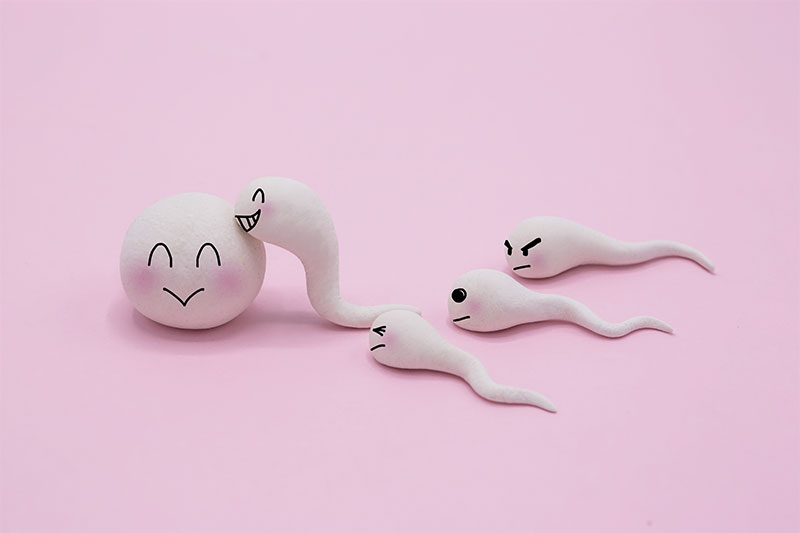
Knowing their blood type is essential for women undergoing pregnancy or seeking one, as there might be incompatibility issues.
Rh incompatibility may arise if the woman is Rh-negative, and the baby is Rh-positive since she can develop an immune response to the fetus. ABO incompatibility is quite similar and can happen if the woman is O type and the baby is A or B.
2 – The type of food most suitable for your wellbeing.

According to neuropath Peter J. D’Adamo, your blood type can affect the way your body reacts and absorbs the nutrients you acquire through food.
Subsequently, he created the Blood Type Diet. D’Adamo suggests people with Type A should go meat-free as often as possible, type B should avoid whole grains, type AB must focus on vegetables, while type O should go for a high-protein diet.
1 – Your personality… Maybe.

In certain Asian countries, particularly Japan, asking your blood type is as common as wondering about your zodiac sign. They believe your blood type has a strong effect on your personality.
According to this belief, type A folks are hardworking yet nervous, type B are friendly and easy-going yet impulsive, AB-type is rational and creative, while Type O are organized and responsible.
Scientific? Not exactly. Fun? You bet it is.

